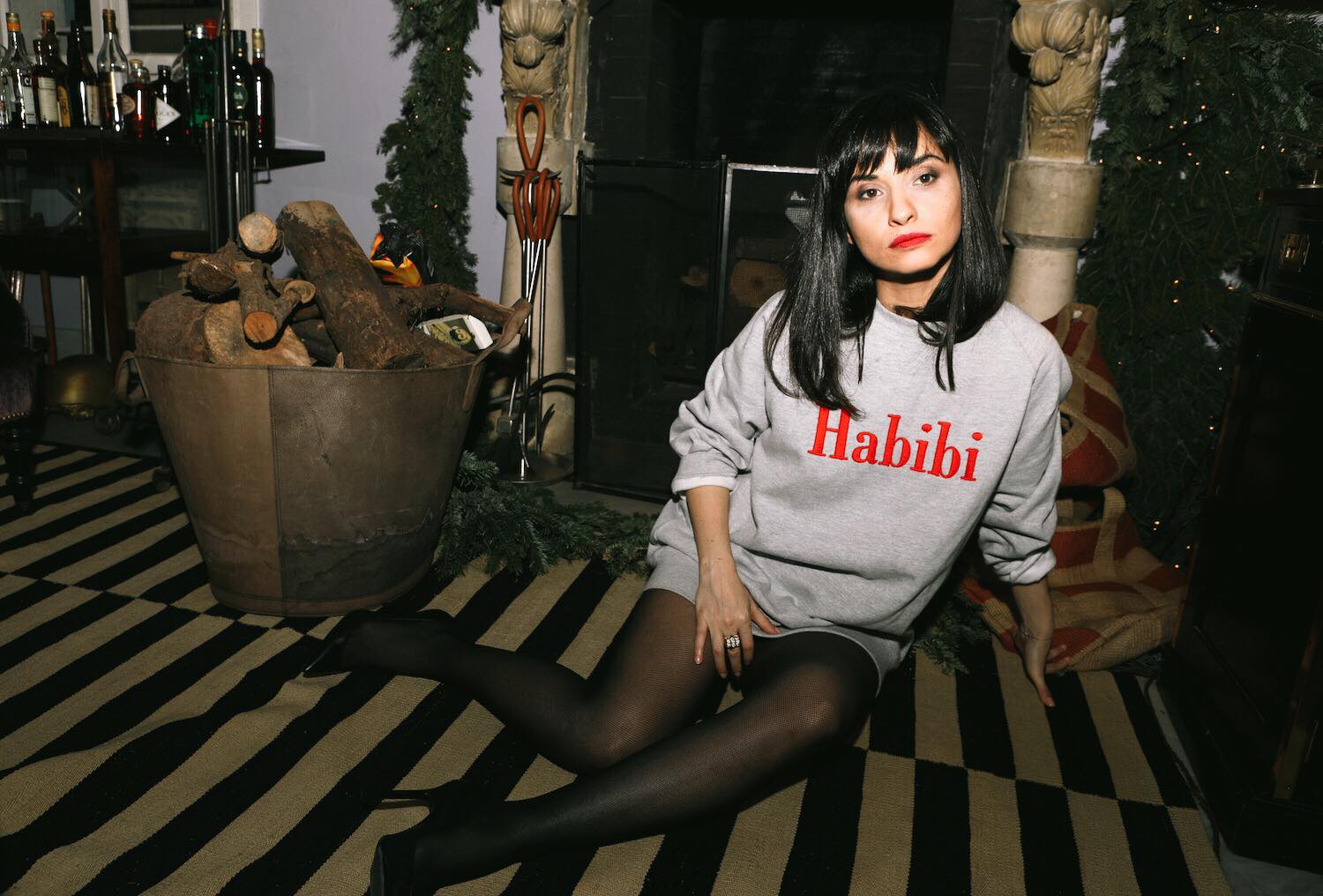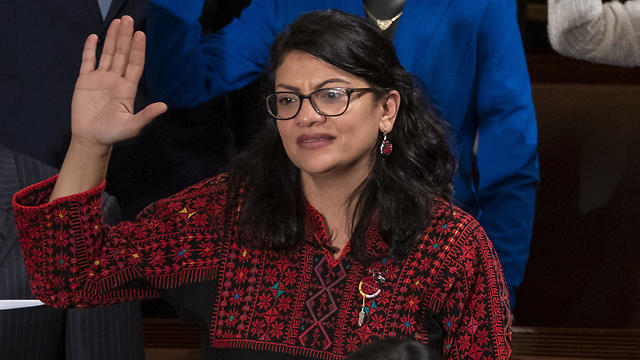Samar Seraqui de Buttafoco is elegant, chic, stylish, and a sustainable fashion entrepreneur who lives in the 7thArrondissement of Paris.
On paper, the blogger originally from Lebanon, sounds like the quintessential Parisienne, but according to a conversation with her manager posted to Instagram, she was not “Parisian enough” to grace the pages of the as yet unnamed French fashion magazine.
Outraged by the latest rejection, the influencer shared the message with her over 100 000 Instagram followers, sparking strong reactions and support from other Arab and women of colour in the fashion industry.
The Rejection
“Well, that won’t work for (the anonymous magazine), not Parisian enough, you’re a certain type. Next time for sure…” Seraqui de Buttafoco’s manager said.
The Lebanese-born woman replied, “I forgot that Parisians are white,” to which her manager responded, “I know, shameful.”
“The beautiful words of fashion,” a clearly upset Seraqui de Buttafoco responded.
In the caption accompanying the exchange, Seraqui de Buttafoco said she has been subjected to a “systematic racism” by the French fashion industry that constantly “casts her aside” but has remained resilient, and unshaken by such rejections.
“If one day, I have a daughter I’ll call her Simone, like Simone Veil, and many other Simones who have given me the desire to be Parisienne, above and beyond your stereotypes which are so far from the reality in French society,” the influencer said in a message clearly bound for the unnamed magazine in question.
“I do have that “je ne sais quoi,” the elegance not to name you,” she added in a final parting shot.
The former political journalist rose to prominence through her wildly popular style blog “Une Libanaise a Paris,” (A Lebanese in Paris) and is now creative director of her own ethically produced t-shirt brand “Das Mots” (The Word). Seraqui de Buttafoco and “Das Mots” have been featured in publications like Vogue Arabia, Vanity Fair France, and Elle, and while she has abandoned her blog, maintains a strong following on Instagram and Facebook.
The Reaction
One of the people to come out in support of Seraqui de Buttafoco was her friend and French style icon, model, designer, and aristocrat Ines de la Fressange.
“Parisians are rarely born in Paris, and this brand is stupid and does not deserve you!” she replied to the post.
“I am half Argentinian, with Czech, Polish and Colombian blood,” De la Fressange, considered by many to be the quintessential “Parisienne,” added.
The French-Moroccan blogger and founder of ‘Beatnik Creation’ Hassana Rabeh, said she was shocked by the fact such racism still exists in the French fashion industry.
“I’m actually in the metro and it’s surprising, the majority of Parisians don’t look like the clichés that brands and magazines try to sell us,” she sarcastically pointed out in an Instagram story on the topic.
“How many French bloggers of Arabic origins do you see…who are invited to big fashion shows, who do collaboration with major brands?” she asked in another story.
“One day maybe it will change,” exclaimed hopeful Paris based actress and model Hajar Abourachid.
Fashion Instagram page, “J’adore la France” (I love France) commented its support for Seraqui de Buttafoco and said that page had been created to provide a more accurate image of what a “Parisienne” woman really is, and to prove that “French girls are not only blonde white and skinny.”
“Thanks to Samar [Seraqui de Buttafoco] for speaking about the racism that many women who work in fashion and want to participate in campaigns where the aesthetic is said to be “Parisienne,” are victims of. This type of talk and response is shameful and should be denounced,” it said.
The growing prevalence of pages like “J’adore la France” show that French society is starting to recognise and value its inherent diversity. Recent rallies against the death of George Floyd, and French man Adama Troare’s death in custody have shone a light on the dark, often hidden but insidious nature of racism in French society — a country built on liberty, equality and brotherhood where people, in theory “don’t see race.”
Protests in cities across France, alongside individual incidents like the one highlighted by Seraqui de Buttafoco have forced wider society to take notice. It remains to be seen if they can actually open up the conversation about systemic racism in French society and bring about genuine change.


